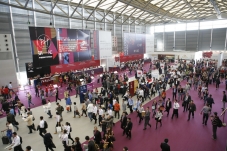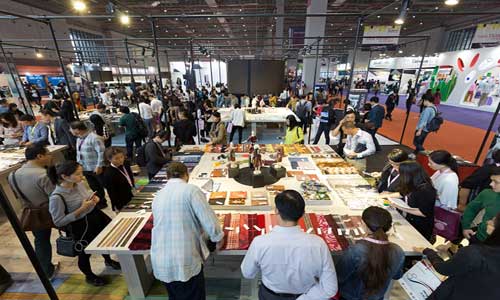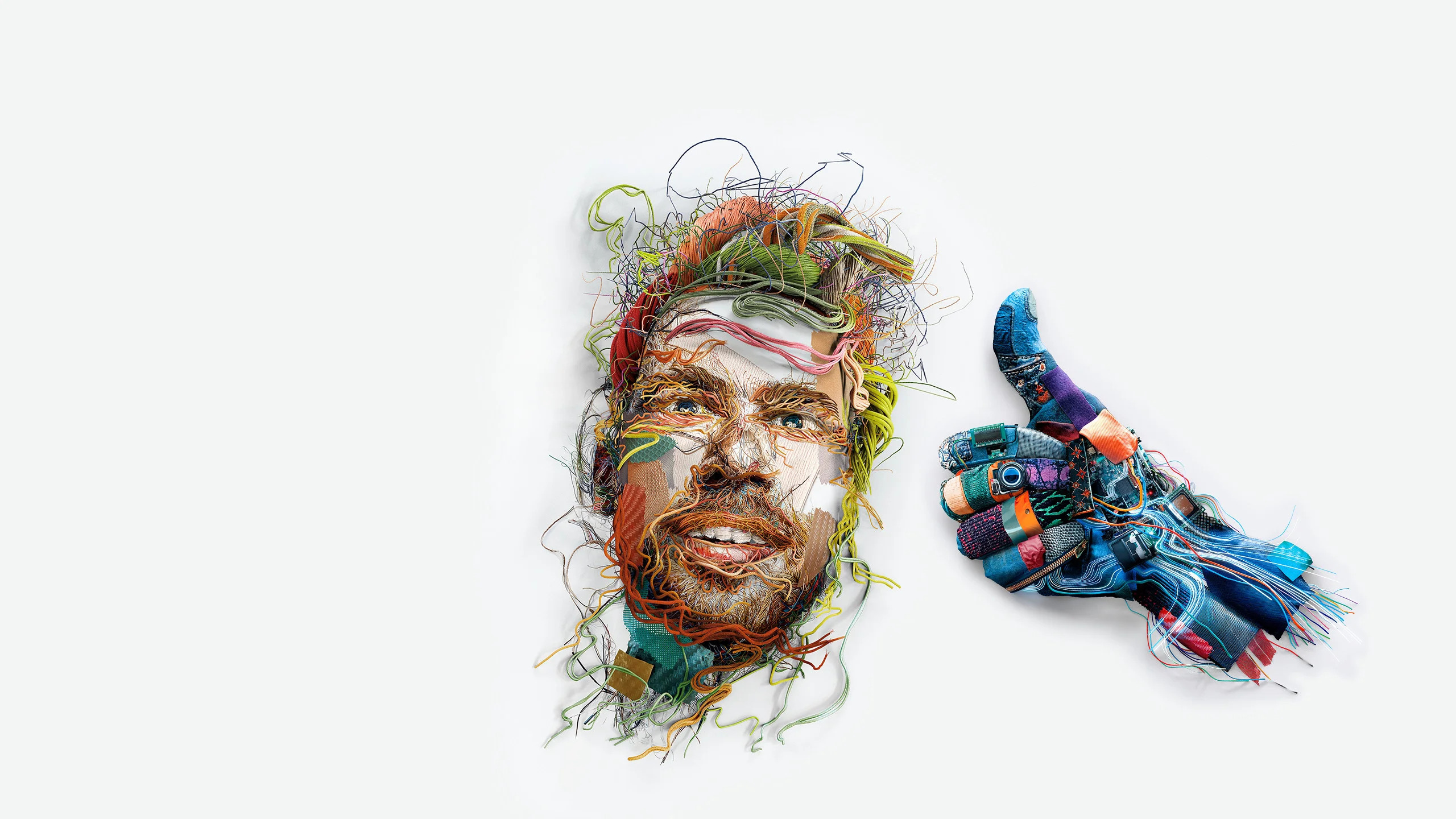"The organisers of Intertextile Shanghai Apparel Fabrics are leaving no stones unturned to offer exhibitors and visitors pathbreaking innovations and unique products and equipment to stay ahead of the curve. The Autumn edition, slated to take place from October 11 to 13, 2017, will be hosting global innovators such as DuPont, Eastman Chemical, FENC, Hyosung, Invista, Lenzing, Nilit, The Chemours Company, Toray and Unifi while providing a glimpse into the future of textiles."

The organisers of Intertextile Shanghai Apparel Fabrics are leaving no stones unturned to offer exhibitors and visitors pathbreaking innovations and unique products and equipment to stay ahead of the curve. The Autumn edition, slated to take place from October 11 to 13, 2017, will be hosting global innovators such as DuPont, Eastman Chemical, FENC, Hyosung, Invista, Lenzing, Nilit, The Chemours Company, Toray and Unifi while providing a glimpse into the future of textiles. For instance, exhibitors at Beyond Denim will showcase their proprietary efforts to drive the industry towards an eco-friendly future, they include Turkey’s Orta Anadolu and Kipas Denim, and Soorty Enterprises from Pakistan. Beyond Denim this year will include around 190 overseas and Chinese exhibitors, and an Invista Pavilion and Forum highlighting exhibitors’ products.
Offering an eco push

The event will showcase Orta Anadolu’s AW 18/19 collection under the theme ‘Jeans Matter’. Denim has a special handprint on culture. In times of social change, Jeans Matter, the company explained. Orta has launched a new concept, ‘Indigo Flow’, which combines the ‘Reserve Flow and Clean Flow’ processes for eco-friendly indigo dyeing process. Reserve flow reduces water usage by up to 70 per cent through water savings at the feeding and finishing stages, while energy is saved by not requiring heat during the fixing process. The clean flow process is unique to Orta as it utilises an organic reducing agent leads to cleaner waste water, no salt formation and less chemical usage.
Similarly, addressing the shortcomings during denim fabric production, Kipas Denim has developed the ‘Conservablue’ technology which reduces the environmental impact of the dyeing process. Conventionally made jeans pass through six rinsing overflow boxes before and after the indigo dye boxes, which Conservablue eliminates altogether leading to water, waste water, electricity and dyestuff savings.
Emphasising its eco-friendly efforts along the value chain, Soorty Enterprises’ new ‘Zero Water Blue’ concept promises water savings of up to 90 per cent by eliminating water usage at the rope dyeing stage, and reducing it at the finishing stage by merging traditional de-sizing and mercerisation steps into one ‘relaxing’ step. The company says, this new step, along with eliminating water usage at the final sanforisation stage, not only saves water overall but also eliminates caustic and acid use during this stage as well.
Innovation all along
Keeping its promise to offer innovative expanse, Intertextile Shanghai for the first time will also host Japan’s Shima Seiki. The company will provide a one-stop knitwear solution under the theme ‘Future Knitwear’. Well known for its Whole garment manufacturing technology – where an entire knitted garment is produced on the knitting machine without the need for linking or sewing afterward – Shima Seiki will display the latest version of SDS-ONE APEX3 3D design system during this edition.
The system integrates production into one workflow, from yarn development, product planning and design to production and even sales promotion. One key feature is its ‘virtual sampling’ function, which improves the design and evaluation process, and minimises time, cost and material usage during the sample-making process. The overall effect of this system can be to shorten the production cycle to such an extent that mass-customisation of garments can be achieved.












